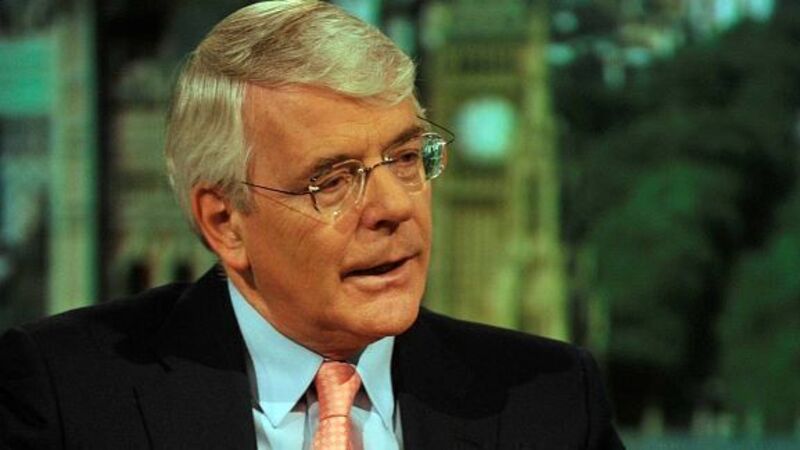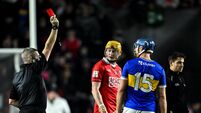IRA chiefs risked their lives for peace, says Major

In Dublin for the 20th anniversary of the Downing St Declaration, Mr Major, 70, said while he and former taoiseach Albert Reynolds, 81, risked their careers, republicans had more at stake.
“If Albert and I upset our supporters, we might, as Albert cheerily said, ‘be kicked out’. That was true, but the IRA supporters were more deadly than our backbench colleagues, and their leaders were taking risks too, possibly with their own lives,” he said.












